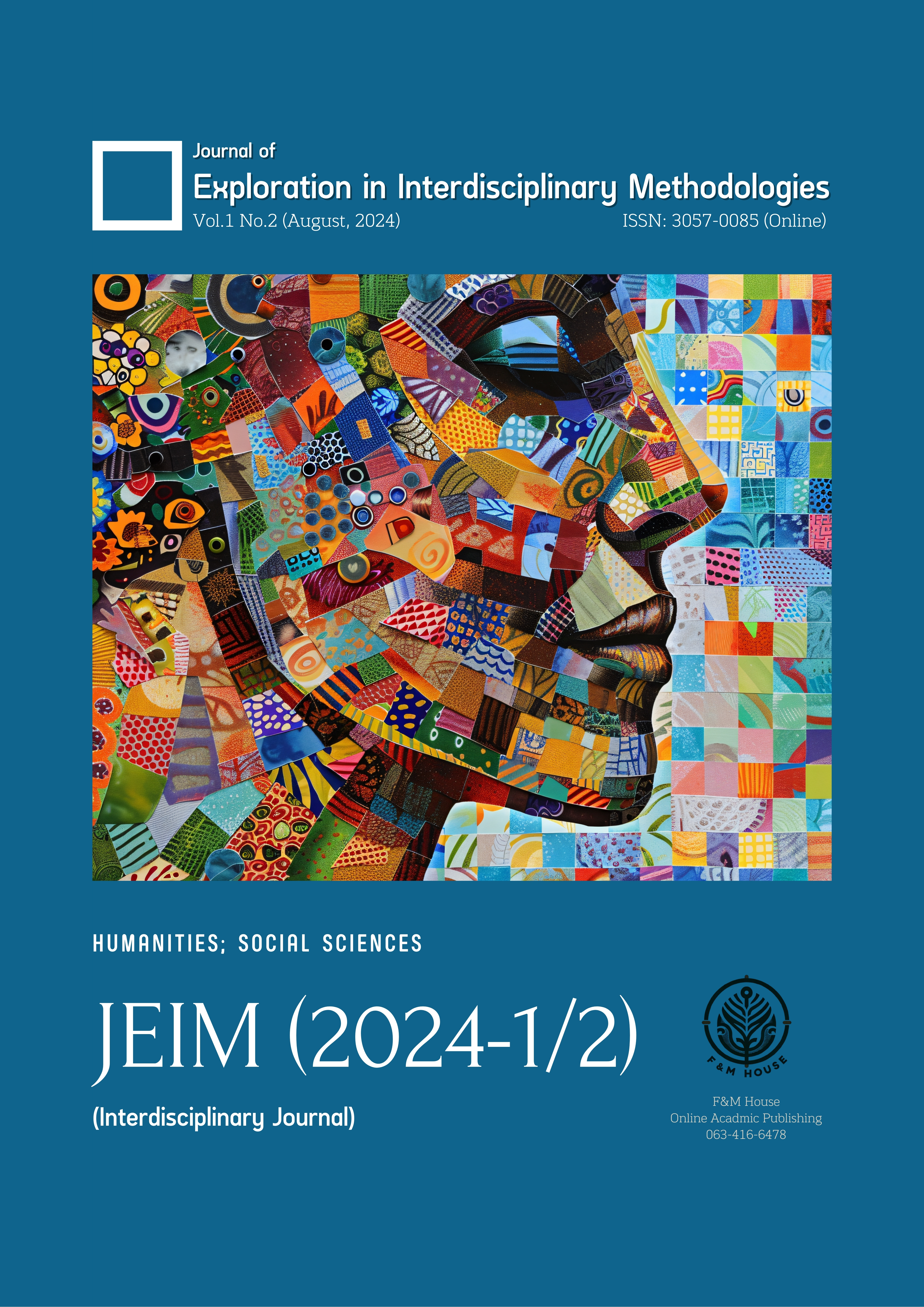Foundations of Thought: The Role of Western Philosophy in Shaping Modern Educational Practices
คำสำคัญ:
Western philosophy, education, Socratic Method, constructivism, critical pedagogy, inquiry-based learning, progressive education, moral education, educational theoryบทคัดย่อ
This paper explores the foundational role of Western philosophy in shaping modern educational practices and its continued relevance in contemporary education. It examines key philosophical ideas from ancient thinkers like Socrates, Plato, and Aristotle, to Enlightenment figures such as John Locke and Jean-Jacques Rousseau, and modern philosophers like John Dewey and Paulo Freire. The paper highlights how these ideas have influenced educational methodologies, including inquiry-based learning, constructivism, and critical pedagogy. Additionally, it addresses the challenges of integrating Western philosophy in diverse educational contexts and balancing tradition with innovation in the face of modern educational demands. The conclusion emphasizes the enduring importance of philosophical thought in fostering critical, reflective, and engaged learners in an increasingly complex world.
เอกสารอ้างอิง
Aristotle. (1999). Nicomachean Ethics (T. Irwin, Trans.). Hackett Publishing.
Bates, A. W. (2015). Teaching in a Digital Age: Guidelines for Designing Teaching and Learning. BCcampus.
Biesta, G. (2010). Good Education in an Age of Measurement: Ethics, Politics, Democracy. Paradigm Publishers.
Descartes, R. (1984). The Philosophical Writings of Descartes (J. Cottingham, Trans.). Cambridge University Press.
Dewey, J. (1916). Democracy and Education. The Macmillan Company.
Eze, E. C. (1997). Postcolonial African Philosophy: A Critical Reader. Blackwell Publishing.
Fang, T. (2012). Yin Yang: A New Perspective on Culture. Management and Organization Review, 8(1), 25-50.
Freire, P. (1970). Pedagogy of the Oppressed. Continuum.
Gregory, M. (2011). Philosophy for children and its critics: A Mendham dialogue. Journal of Philosophy of Education, 45(2), 199-218.
Kant, I. (2002). Groundwork for the Metaphysics of Morals (A. Wood, Trans.). Yale University Press.
Kraut, R. (2017). The Cambridge Companion to Plato (2nd ed.). Cambridge University Press.
Lipman, M. (2003). Thinking in Education (2nd ed.). Cambridge University Press.
Locke, J. (1996). Some Thoughts Concerning Education. Hackett Publishing.
Magee, B. (2010). The Story of Philosophy. Dorling Kindersley.
McLaren, P. (2005). Critical Pedagogy and Class Struggle in the Age of Neoliberalism: A Marxist Response to Unwin and Stanford.
Nussbaum, M. C. (2016). Not for Profit: Why Democracy Needs the Humanities. Princeton University Press.
Paul, R., & Elder, L. (2006). Critical Thinking: Tools for Taking Charge of Your Learning and Your Life. Pearson Education.
Piaget, J. (1954). The Construction of Reality in the Child. Basic Books.
Plato. (1991). The Republic (A. Bloom, Trans.). Basic Books.
Reich, J. (2020). Failure to Disrupt: Why Technology Alone Can’t Transform Education. Harvard University Press.
Rousseau, J.-J. (1979). Émile, or On Education (A. Bloom, Trans.). Basic Books.
Russell, B. (1945). A History of Western Philosophy. Simon and Schuster.
Splitter, L. J. (2011). Identity and Citizenship: Educating the Future. Educational Philosophy and Theory, 43(5), 484-505.
UNESCO. (2017). Education for Sustainable Development Goals: Learning Objectives. United Nations Educational, Scientific and Cultural Organization.
Vygotsky, L. S. (1978). Mind in Society: The Development of Higher Psychological Processes. Harvard University Press.
Wiredu, K. (1996). Cultural Universals and Particulars: An African Perspective. Indiana University Press.







